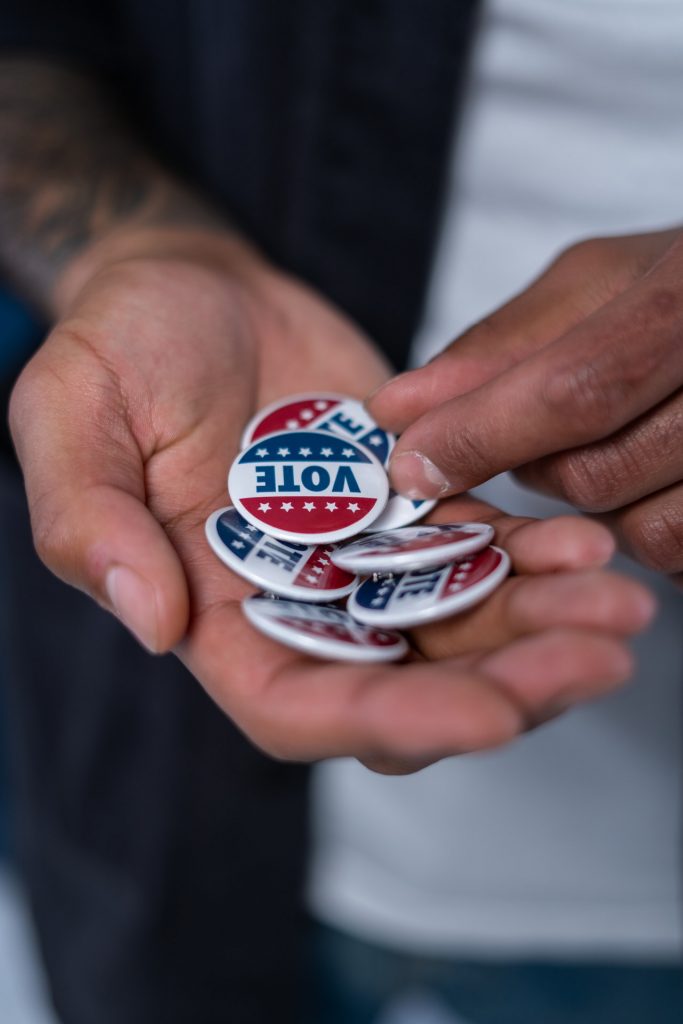
CAN CONVICTED FELONS VOTE IN CALIFORNIA?
Voting allows Americans to decide what’s right for us. Having the ability to vote for our leaders is quite literally the foundation of what we know of as democracy. America takes civil rights seriously, but it also possesses some of the strictest laws which deny suffrage to certain groups, particularly convicted felons. The American Constitution and California Legal Code determine voting eligibility in four categories; citizenship, age, mental capacity, and a criminal record. This article will look at how having a criminal record impacts voters’ rights across the state.
What the law says about registration and voting
According to the California Secretary of State, one can register to vote and vote only if they meet the following criteria:
- Are a US citizen and resident of California
- Are 18 years of age or over on Election Day
- Are not currently serving a sentence in a state or federal prison or currently on parole for a felony conviction
- Are not deemed mentally incompetent to vote by a court
Felony disenfranchisement is a term that comes up a lot during an election year. This is essentially used to define those barred from ballot because they do not meet the 3rd criteria on a felony conviction. The California Assembly Bill AB2466 is the guiding law on voter registration and voting. The Bill was passed to redefine a person who could register and vote as one who:
“…shall be a United States Citizen, a resident of California, not imprisoned or on parole for the conviction of a felony, and at least 18 years of age at the time of the next election.”
To be clear, the previous law barred all felony convicts from registering and voting, including those serving their sentence in county jail. However, the 2016 Bill amended this clause only to include those currently serving state and federal felony sentences. That being said, people who were previously serving a felony conviction in county jail could now be registered voters.
Restoration of voting rights
It should be noted that a felony disenfranchisement in California is not permanent. California is one of 17 states that automatically restore voters’ rights after they have served their sentencing. This narrative is not the case across the country. States like Mississippi and Tennessee can carry out felony disenfranchisement for an unknown period until the person can fulfill additional requirements subject to the state’s laws.
For California’s felony convicts, the Bill grants persons with a criminal history the right to vote only if:
- They are serving a misdemeanor or felony sentence in a county jail
- They are currently on felony probation
- They are currently on any other probationary period
- They are on mandatory supervision
- They are on post-release community supervision
- They are on federal supervised release
- They are on Juvenile adjudication
Why does it matter if convicted felons can’t vote?
The 2016 Sentencing Project revealed how much convicts could contribute to an election if left to vote. According to the study, the country lost close to 6 million voters in 2016 to felony disenfranchisement. This number impacts America’s election results, given that 6 million represents 2.5% of the country’s voting population. The project results revealed a gap in our voting system that could be amended to uphold citizens’ civil rights.
Nevertheless, Californians with previous felony records should exercise the right to vote by first registering with RegisterToVote.ca.gov. However, we here at Criminal Defense Hero understand the justice system is flawed, and your civil right to vote may be compromised with a criminal record. If this happens to be the case with you, please don’t hesitate to make contact through our website, phone call, or visit our firms in Southern California for expert representation and legal advice.









